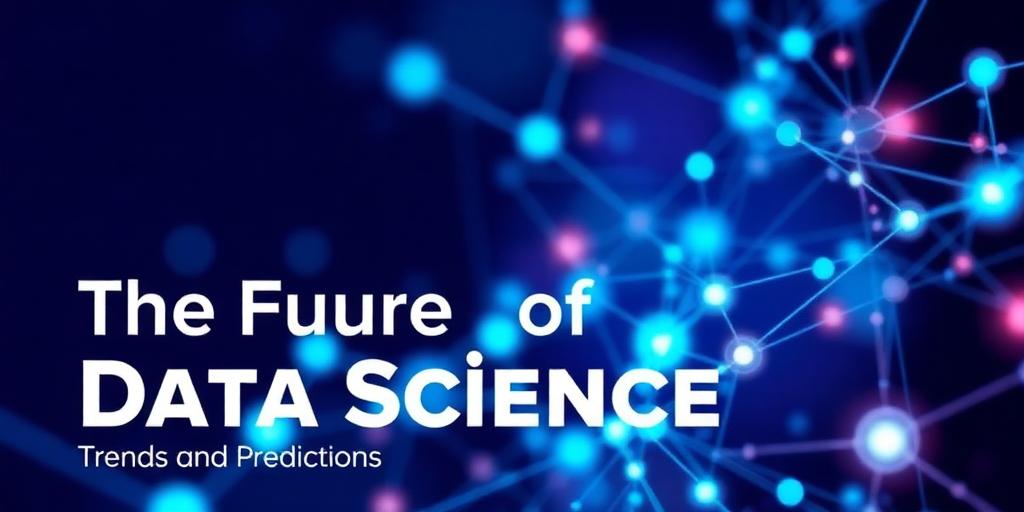The landscape of data science is undergoing a profound transformation, propelled by advancements in artificial intelligence, increasing data velocity, and evolving business demands. What was once a niche field is now a cornerstone of strategic decision-making across industries. As we look ahead, several pivotal trends are set to redefine the role of the data scientist and the very fabric of data-driven innovation.
The Ascent of Automated Machine Learning (AutoML)
One of the most significant data science trends involves the proliferation of Automated Machine Learning (AutoML). AutoML platforms are democratizing data science by automating repetitive tasks such as feature engineering, model selection, and hyperparameter tuning. This shift does not diminish the data scientist's role but elevates it. Professionals will transition from intensive coding to a more strategic focus on problem definition, data quality, and model interpretation. This allows for faster iteration and deployment of models, accelerating the pace of innovation.
Ethical AI and Explainable AI (XAI): A Non-Negotiable Imperative
The burgeoning complexity and widespread application of AI models necessitate a robust emphasis on ethical AI in data science. As algorithms influence critical decisions, concerns regarding bias, fairness, transparency, and accountability are paramount. Explainable AI (XAI) technologies are becoming indispensable, enabling data scientists to interpret and communicate how models arrive at their conclusions. Future data science professionals must possess not only technical prowess but also a deep understanding of societal impacts and regulatory compliance, ensuring responsible AI development and deployment.
Edge AI and Real-time Processing: Insights at the Source
The proliferation of IoT devices and the demand for instantaneous insights are driving data science capabilities to the 'edge.' Edge AI involves processing data closer to its source, minimizing latency and bandwidth consumption. This trend is crucial for applications requiring real-time decision-making, such as autonomous vehicles, smart manufacturing, and predictive maintenance. Data scientists will increasingly work with distributed data architectures and optimize models for resource-constrained environments, marking a significant evolution in emerging data science technologies.
The Data Mesh Paradigm and Enhanced Governance
Traditional centralized data lakes are proving insufficient for the scale and diversity of modern enterprise data. The data mesh architecture, promoting decentralized data ownership and domain-oriented data products, is gaining traction. This paradigm shift empowers operational teams to manage their data as products, making it more discoverable, addressable, trustworthy, and secure. Data scientists will need to navigate this federated governance model, collaborating more closely with domain experts to ensure data quality and utility across the organization.
The Augmented Data Scientist: Collaboration with AI
Far from being replaced, data scientists will become augmented by AI tools. New platforms powered by large language models (LLMs) and generative AI will assist in tasks ranging from code generation and debugging to data exploration and insight generation. This collaboration will free up data scientists to focus on higher-level strategic thinking, complex problem-solving, and communicating insights to stakeholders. This represents a significant aspect of data science career predictions, pointing towards a role that is less about rote execution and more about strategic leadership and innovation.
Conclusion: Navigating a Dynamic Future
The future of data science is characterized by continuous innovation and adaptation. Professionals must embrace lifelong learning, not only in mastering new tools and techniques but also in understanding the ethical dimensions and business implications of their work. The evolving role demands a blend of technical expertise, domain knowledge, and a strong commitment to responsible AI. As organizations increasingly rely on data to navigate complex challenges, the strategic importance of data science will only continue to grow, making it one of the most dynamic and impactful fields of the 21st century.




